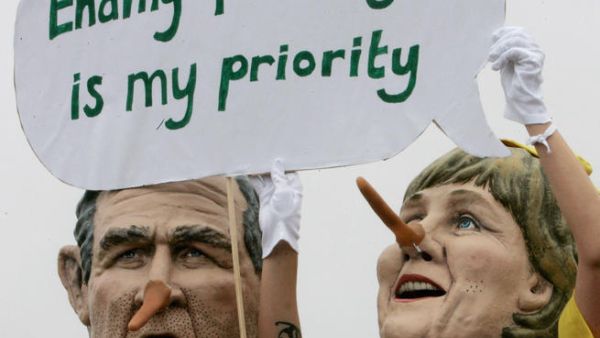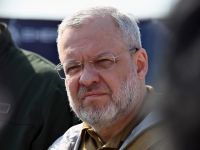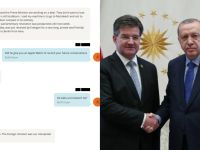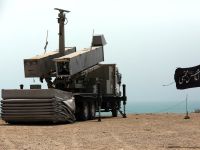It is far too easy to define politics by a negative, and avoid the difficult task of spelling out what a government or political movement party stands for. It is not enough for the interim government of Tunisia to define itself by being ‘not Bin Ali'. It is not right that the sole definition of the emerging nation in South Sudan is that it is ‘not the North'.
It is a sad fact that humans tend to focus more on such negatives, and seek to define their actions by their points of difference with their fellow human beings, rather than seek the many points of common interest and build on those while accepting their differences. What makes this tendency all the more dangerous is the more local you go, the more any differences become important.
For example, when the former Yugoslavia collapsed, its constituent parts rushed to form new nations which took their identity from their dominant language group, which required them to exclude the minorities unfortunate enough to live in their territories, thus creating the terrible legacy of the slaughter to thousands of innocent people, the horror of ethnic cleansing, and civil wars which raged for years.
It is often those governments covering larger territories that have to be more embracing in their approach. For example, in the early 1990s, there was a lot of talk in the European Union of building a Europe of the Regions, in which the nation states would retreat from their leading role, and Europe's federal centre would provide the drive to be picked up by the many regions within the member states.
This went adrift for many reasons, but in part this was due to the failure of the regions to stand up for values, and instead defining themselves by xenophobic negatives: the defining issue for a Bavarian was that he was not a Prussian; or that a Catalan was not a Castilian; or a Scot was not an Englishman.
Negative impact
Such negatives lead to politicians who lead by demagoguery, whipping up hatred and lashing out at their enemies. They often need an enemy in order to stay in power, and unite their often disparate followers, such as with the Islamic Republic of Iran.
It has done a very good job of spelling out its values, and that it sees Islamic values as the key political and social platform for its politicians and its constitution. However, despite this eloquent statement, the radically conservative President Mahmoud Ahmadinejad has proved an economic disaster and has had to bolster his position by seeking confrontation with America.
The politicians in the emerging new state in south Sudan have a major challenge to successfully stake out their political ideology. Many of the southern leaders have only just accepted that secession is the way to go.
Their former leader (killed in a helicopter crash), John Garang, was very clear that he wanted a new, secular, multi-ethnic Sudan; and that he was against the increasingly Islamic definition of Sudan.
This legacy lives on today in the name of the movement which he led, which is called the Sudan People's Liberation Movement. Out of respect for Garang and the secular inclusiveness of its message, it has not added ‘South' to its name, nor shifted the apostrophe in People's to suggest there is more than one people, but the new situation means that this secular message will have to re-focus solely on the south, leaving the north to the present Sudanese government to define its ideology.
Incidentally, this is also why the future debate over the name of the new state in the south will have to take into account this legacy. To call it South Sudan challenges Garang's inclusive all-Sudan legacy, but to call it New Sudan challenges the north by defining the south's mission as renewal for all Sudan.
It is particularly sad that enmity and xenophobia flourish amongst the followers of religions, and that this is exploited ruthlessly by politicians looking for easy answers, knowing they can exploit natural religious fervour to their advantage.
It is a conundrum which is hard to solve. By definition: when someone believes in God works as defined by his or her religion, then any other sect or religion must be wrong. Different belief requires their adherents to define the other as mistaken.
But one of the most enduring answers to this problem of how to seek coexistence without losing the core of faith and sinking into generalised humanist tolerance, was offered by Kenneth Cragg, the Arabic-speaking Anglican Arch-bishop of Occupied Jerusalem in the 1960s, who wrote some of the defining books on how to start inter-faith relations.
He worked with the Mufti of Occupied Jerusalem and other leading Muslim scholars, and found success by agreeing to share the act of belief itself.
Even in this most delicate area of human endeavour, religious leaders found a way to talk and build on what they could share, without denying their faith. Such inclusiveness and positive thinking is what the region needs, in particular the struggling politicians of Tunisia and Sudan, which have the chance to start again.
By Francis Matthew








